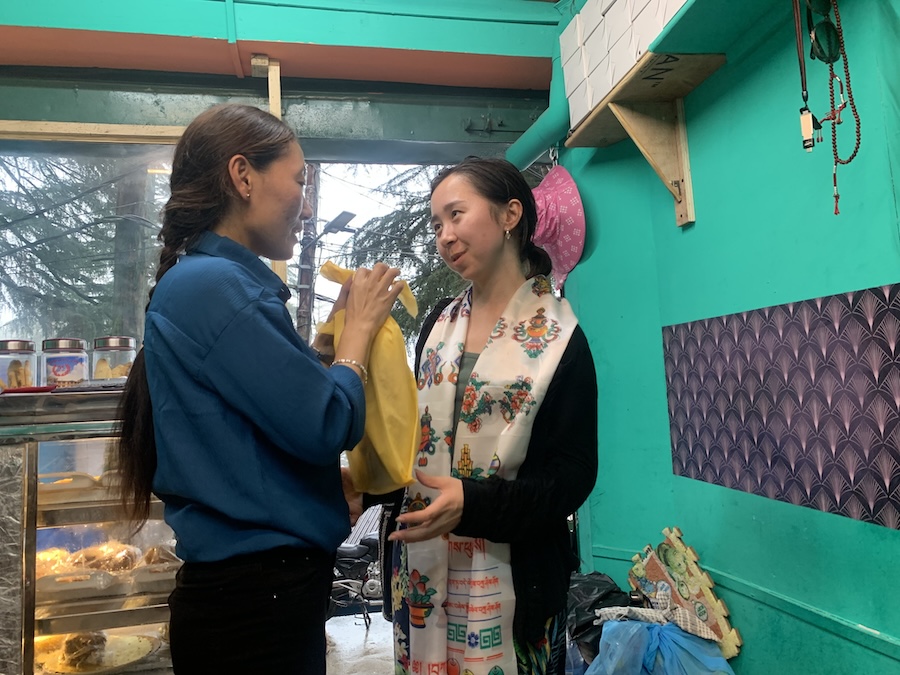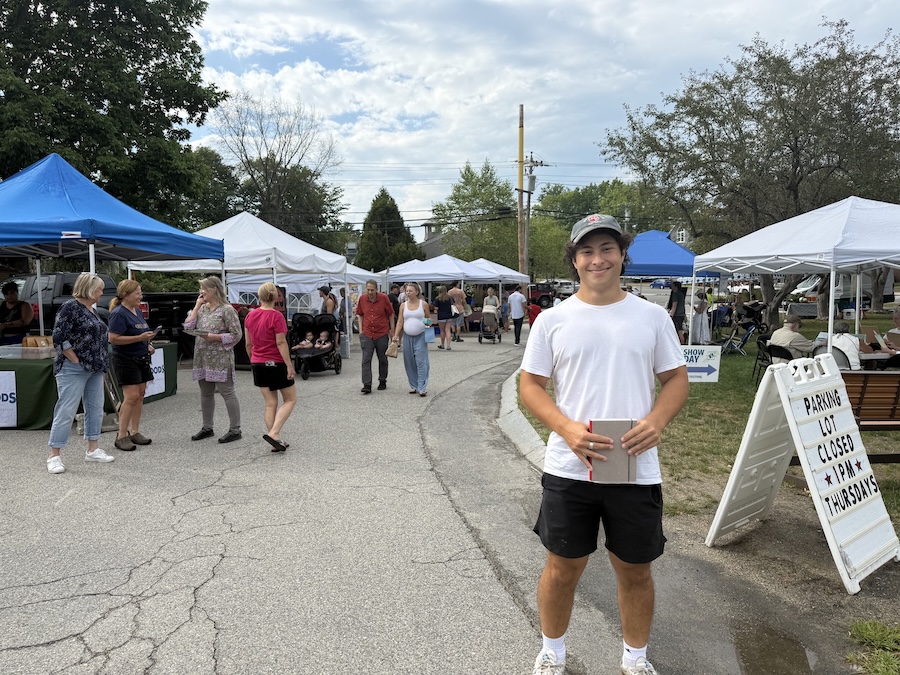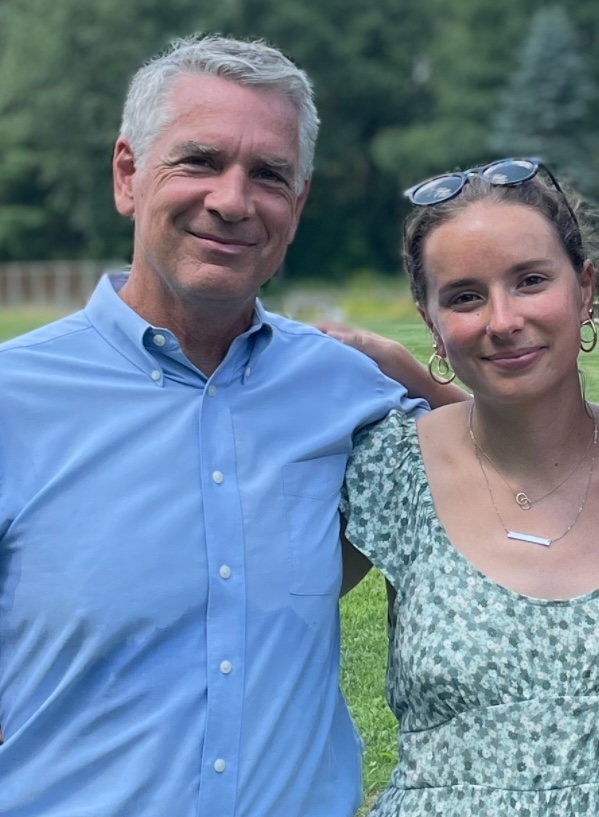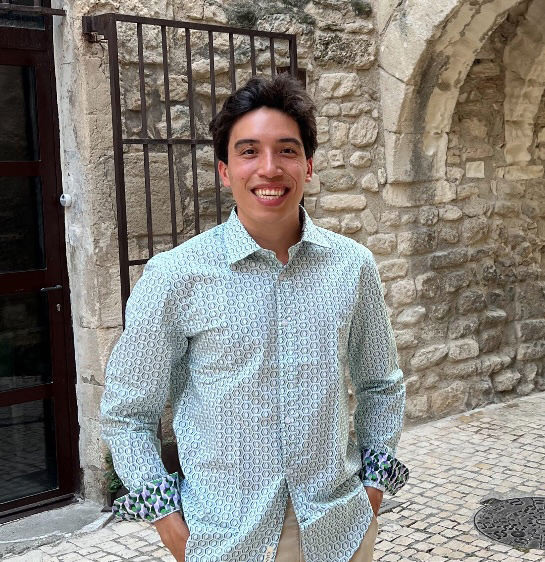Projects for Peace Grantee Sabrina Kearney ’26 Will Work with Tibetans in Exile
By Rebecca GoldfineEach year, Projects for Peace awards grants of $10,000 to more than 125 college students who have proposed “innovative, community-centered, and scalable responses to the world’s most pressing issues.”

Kearney will use the funds to return to Dharamshala, India, this summer to partner with Lha Charitable Trust, an organization run by Tibetan refugees to serve their people in exile.
An economics and art history major, she will teach what she calls “a personal development bootcamp” for ten to fifteen Tibetans, ages eighteen to thirty, that will cover skills such as financial literacy, entrepreneurship (e.g., how to start a small business and access microfinance loans), job and college applications abroad, and public speaking.
“I expect my workshop series to provide disadvantaged Tibetans with valuable life skills to help them become financially independent and advocate for a peaceful future in the diaspora,” she writes in her application.
Last summer, Kearney received a Global Citizens Fellowship from Bowdoin's McKeen Center to work for the same organization and teach an English class. She also studied the Tibetan language and led a community art workshop, and describes being both impressed with "the strength and resilience of displaced Tibetans" and troubled by their difficult and complex situation.
Since the 1951 invasion of Tibet by China, many Tibetans have fled abroad. Currently, more than 85,000 Tibetans live in India, but their refugee status there bars them from both state college and employment systems, “forcing them to live at the margins of society,” Kearney said.

Bowdoin career advisor Meg Springer, who works with students interested in nonprofit and social impact careers, said she is impressed with Kearney’s follow-through.
“Instead of chalking up her time in Dharamshala as ‘one and done,’ and never returning, she designed a financial literacy program based upon her observations, and worked collaboratively with the nonprofit’s director to create a proposal that would directly benefit participants,” Springer said. “The world is already a better place because of her work.”
Kearney said her workshop would meet a pressing but unrecognized need, and that her experiences at Bowdoin and her background have prepared her to teach it. “I feel I have the relevant skills, cultural context, and self-awareness to successfully pursue this project because of my current role leading [the student organization] Smart Woman Securities, which runs a personal finance education series on my college campus,” she said.
She added, “As a low-income daughter of immigrants, I feel it is my duty to pay forward what I have learned through enabling others to break cycles of poverty and pursue their dreams.”
Besides teaching her workshop, Kearney plans to establish seed funding with $2,000 from her award. She will encourage her students to apply for microloans from this pot ranging from $50 to $200.
“These small grants will start a chain reaction of microloans that will be reissued to another young Tibetan refugee each time one is repaid,” Kearney said. She’ll hand oversight of the fund to the Lha Charitable Trust after her departure, “so that young Tibetans can continue to sustainably access capital to jumpstart their ventures.”



